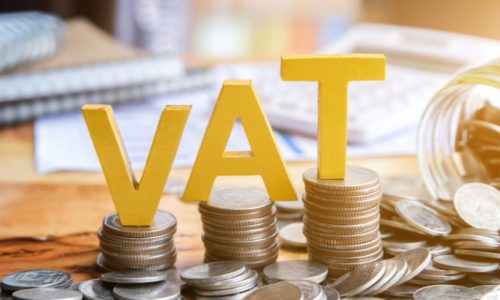Embarking on a journey towards energy resilience and independence, Minister of Energy and Mineral Resources, Arifin Tasrif, spearheads the drive to finalize the Draft Government Regulation (RPP) on the National Energy Policy (KEN) by June 2024.The revelations made during the first National Energy Council (DEN) meeting of 2024 shed light on the ambitious timeline and the comprehensive regulatory framework poised to shape the nation’s energy landscape.The RPP KEN stands as a formidable legal instrument, a linchpin in the realization of national energy independence and resilience. This regulatory framework encompasses diverse facets of the national energy spectrum, ranging from considerations of the energy mix to the integration of renewable energy sources and import policies. While involving multiple stakeholders, including relevant ministries, associations, and academicians, the RPP KEN is currently navigating the intricate harmonization process at the Ministry of Law and Human Rights.As of December 2023, DEN has achieved significant milestones, finalizing the Inter-Ministerial Committee, engaging in consultations with the House of Representatives (DPR), and harmonizing with the Ministry of Law and Human Rights. Two consultative sessions with the House in the form of Focus Group Discussions (FGD) have taken place. While harmonization with the Ministry of Law and Human Rights is an ongoing process, DEN awaits the plenary phase, underscoring the meticulousness required in shaping national energy policies.Beyond the regulatory canvas, the first DEN meeting of 2024 delves into the procedural intricacies of replacing DEN members from stakeholder elements. Minister Arifin Tasrif asserts that this transition adheres strictly to established rules and procedures, as outlined in Presidential Regulation No. 26 of 2008.As regulatory bodies toil towards the finalization of the RPP KEN, their efforts transcend mere bureaucratic processes. Instead, they symbolize a pivotal step towards shaping a comprehensive and robust National Energy Policy.
The active involvement of various stakeholders, strict adherence to regulatory protocols, and a steadfast commitment to energy independence collectively lay the foundation for a resilient and sustainable energy future.







